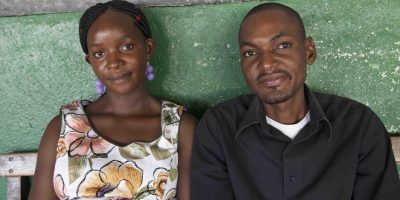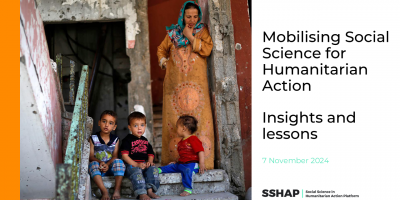Social science in action
SSHAP’s approach to mobilising social science for humanitarian action goes beyond biomedical and technical knowledge. It is centred on the value and importance of evidence of social, cultural and political-economic contexts and drivers of different vulnerabilities and of local knowledge and institutions.
In implementing this approach, SSHAP recognises the need to address and strengthen the capacity, knowledge and interactions between practitioners, policymakers and researchers to inform operational needs and navigate challenges.
This collection brings together resources from SSHAP and partners. It includes tools and trainings to aid the application of social science perspectives and approaches in humanitarian action, as well as insights and learnings from experiences of practice and capacity building at local, national and regional levels.
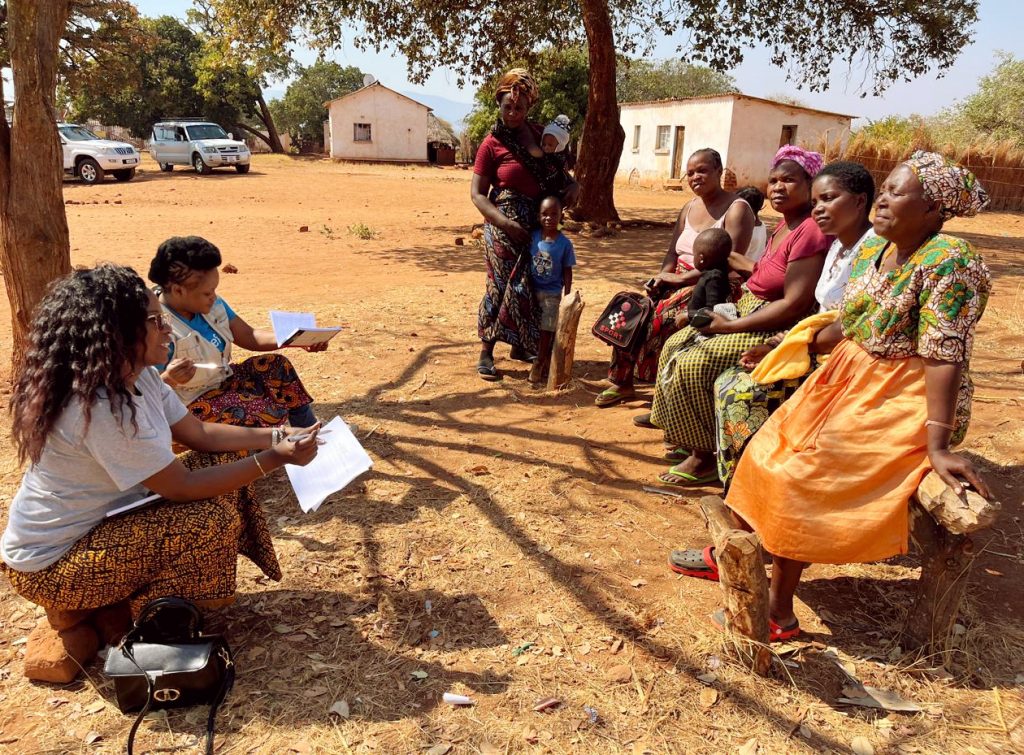
Questions bank for healthcare workers during infectious disease outbreaks
Climate change question bank part 1
Climate change question bank part 2
Viral haemorrhagic fevers question bank
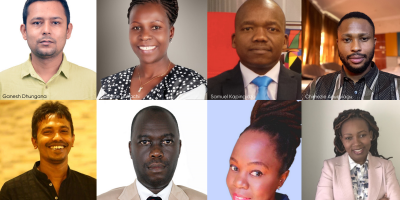
Rapid qualitative assessment training – 10 modules in English, French, Spanish and Portuguese
Mpox question bank: Qualitative questions for community-level data collection
Cholera question bank
Why social science matters for humanitarian action?
Using social science in response to the 2022 Ebola outbreak in Uganda
Whose voices matter? Using participatory, feminist and anthropological approaches to centre power and positionality in research on gender-based violence in emergencies
Sexual violence against men in conflict and post-conflict settings: A qualitative research methodology
Citizen ethnography in outbreak response: Guidance for establishing networks of researchers
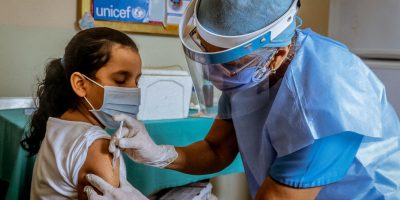
Clinical and vaccine trials for COVID-19: Key Considerations from social science
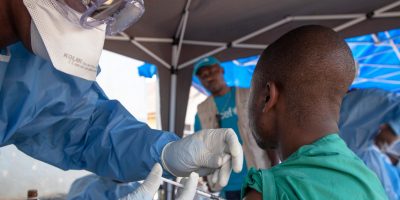
Social science research for vaccine deployment in epidemic outbreaks
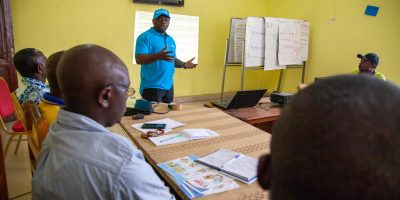
Guidance for health care worker (HCW) surveys in humanitarian contexts in LMICs
What social sciences researchers working in humanitarian contexts (sub-Saharan Africa) should be asking in COVID-19 and why
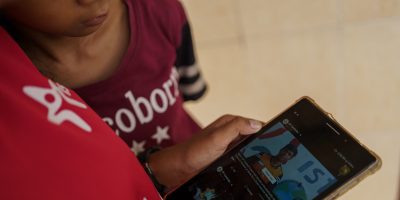
6 ways to incorporate social context and trust in infodemic management
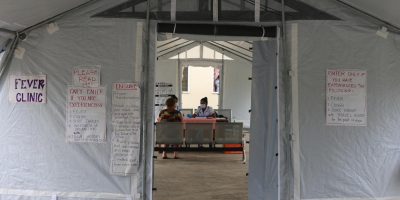
Novelty and uncertainty: Social science contributions to a response to COVID-19
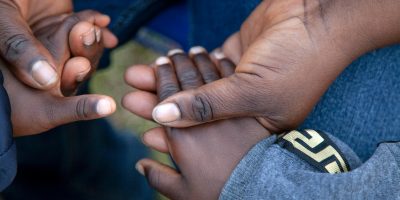
Taking a psychosocial approach to epidemic response
![On 5 November, in the initial phases of U-Report's launch in Liberia, two adolescent girls who have been raising awareness of the technology among other youths record on paper the mobile numbers of new users, in the West Point neighbourhood of Monrovia, the capital. They used the traditional route of gathering new user data during a system outage. Part of the rollout process included identifying lingering glitches in the system. The adolescents are UNICEF-supported social mobilizers from the group Adolescents Leading an Intensive Fight against Ebola (A-LIFE); they underwent UNICEF training on U-Report and on how to use the technology to track data on EVD as well as on sexual health and teen pregnancy.
In November 2014, Liberia remains one of three countries in West Africa experiencing widespread and intense transmission of Ebola virus disease (EVD). UNICEF continues to support social mobilization efforts to raise awareness of the disease, its symptoms and how to prevent its spread all of which are critical to curtailing the unprecedented outbreak. U-Report, a text-based communication platform previously developed by UNICEF, was customized and deployed for use within Liberias mobilization efforts. Using Short Message Service (SMS), U-Report allows individual subscribers to ask questions about issues, to get real-time answers and to share information with other users U-reporters across the country. By giving people a new and effective platform for communication, it is intended to strengthen community-led development, citizen engagement and behavioural change. [Note, this story captions applies to all images below.] UNICEF/Jallonzo](https://www.socialscienceinaction.org/wp-content/uploads/2017/01/UNI174451_Med-Res-400x200.jpg)
Rapid remote context analysis tool (RR-CAT) in epidemics
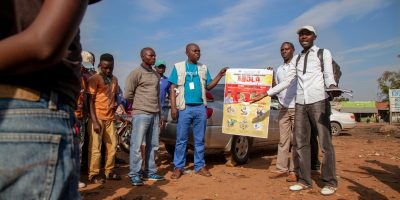
Social science in epidemics: Ebola virus disease lessons learned
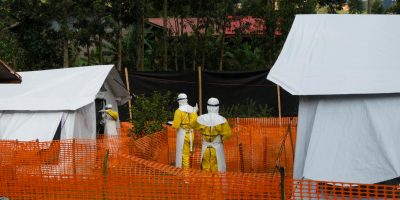
Social science in epidemics: Influenza and SARS lessons learned
